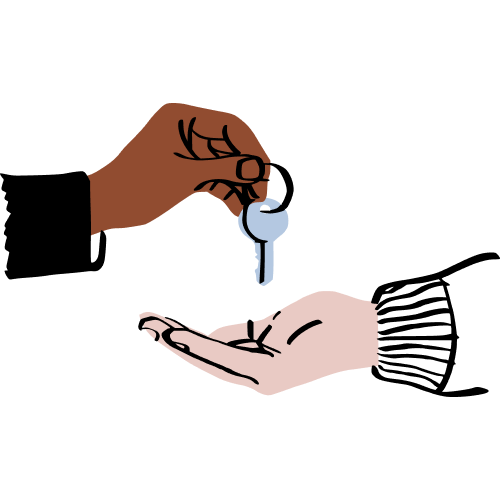What is a Michigan power of attorney?
A Michigan power of attorney (POA) is a legal document that grants someone the legal authority to act on behalf of the principal. This person (known as the "agent" or "attorney-in-fact") can handle your affairs when you're unable to do so yourself, even making critical medical decisions.








